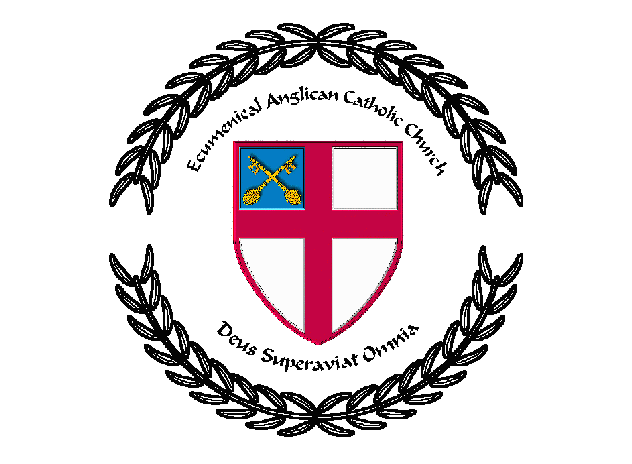|
| |
The Fourteen Theses of the Old Catholic Union Conference at Bonn [1874]
We agree that the way in which the Filioque was inserted in the Nicene Creed
was illegal, and that, with a view to future peace and unity, it is much to be
desired that the whole Church should set itself seriously to consider whether
the Creed could possibly be restored to its primitive form, without the
sacrifice of any true doctrine expressed in the Western form.
Article I The Canon and Apocrypha.
We agree that the apocryphal or deutero-canonical books of the Old Testament are
not of the same canonicity as the books of the Hebrew Canon.
Article II The Original Text and Translations of the Bible.
We agree that no translation of Holy Scripture can claim an authority superior
to that of the original text.
Article III Use of the Bible in the Vernacular Tongues.
We agree that the reading of the Holy Scripture in the vulgar tongue can not be
lawfully forbidden.
Article IV Liturgy in the Vernacular Tongues.
We agree that, in general, it is more fitting, and in accordance with the spirit
of the Church, that the Liturgy should be in the tongue understood by the
people.
Article V Justification by Faith working by Love.
We agree that Faith working by Love, not Faith without Love, is the means and
condition of manĚs justification before God.
Article VI Salvation not by Merit.
Salvation can not be merited by merit of condignity, because there is no
proportion between the infinite worth of the salvation promised by God and the
finite worth of man’s works.
Article VII Works of Supererogation.
We agree that the doctrine of opera supererogationis and a thesaurus meritorum
sanctorum, i.e., that the overflowing merits of the Saints can be transferred to
others, either by the Church, or by the authors of the good works themselves, is
untenable.
Article VIII Number of Sacraments.
We acknowledge that the number of sacraments was fixed at seven, first in the
twelfth century, and then was received into the general teaching of the Church,
not as a tradition coming down from the Apostles or from the earliest times, but
as a result of theological speculation.
Catholic theologians (e.g. Belarmin) acknowledge, and we acknowledge with them,
that Baptism and the Eucharist are principlia, praecipua, eximia salutis nostae
sacramenta.
Article IX Scripture and Tradition.
- The Holy Scriptures being recognized as the primary rule of Faith, we
agree that the genuine tradition, i.e. the unbroken transmission—partly
oral, partly in writing—of the doctrine delivered by Christ and the
Apostles, is an authoritative source of teaching for all successive
generations of Christians. This tradition is partly to be found in
historical continuity with the primitive Church, partly to be gathered by
scientific method from the written documents of all centuries.
- We acknowledge that the Church of England, and the Churches derived from
her, have maintained unbroken the Episcopal succession.
Article X The Immaculate Conception of the Virgin Mary.
We reject the new Roman doctrine of the Immaculate Conception of the Blessed
Virgin Mary, as being contrary to the tradition of the first thirteen centuries,
according to which Christ alone is conceived without sin.
Article XI Public and Private Confession.
We agree that the practice of confession of sins before the congregation or a
Priest, together with the exercise of the power the keys, has come down to us
from the primitive Church, and that, purged from abuses and free from
constraint, is should be preserved in the Church.
Article XII Indulgences.
We agree that indulgences can only refer to penalties actually imposed by the
Church herself.
Article XIII Commemoration of the Departed.
We acknowledge that the practice of the commemoration of the faithful departed,
i.e. the calling down of a richer outpouring of Christ’s grace upon them, has
come down to us from the primitive Church, and is to be preserved in the Church.
Article XIV The Mass.
The eucharistic celebration in the Church is not a continuous repetition or
renewal of the propitiatory sacrifice offered once for ever by Christ on the
Cross; but its sacrificial character consists in this, that it is the permanent
memorial of it, and a representation and presentation on earth of that one
oblation of Christ for the salvation of redeemed mankind, which, according to
the Hebrews (ix. 11,12), is continuously presented in heaven by Christ, who now
appears in the presence of God for us (ix. 24).
While this is the character of the Eucharist in reference to the sacrifice of
Christ, it is also a sacred feast, wherein the faithful, receiving the Body and
Blood of our Lord, have communion one with another.
|
